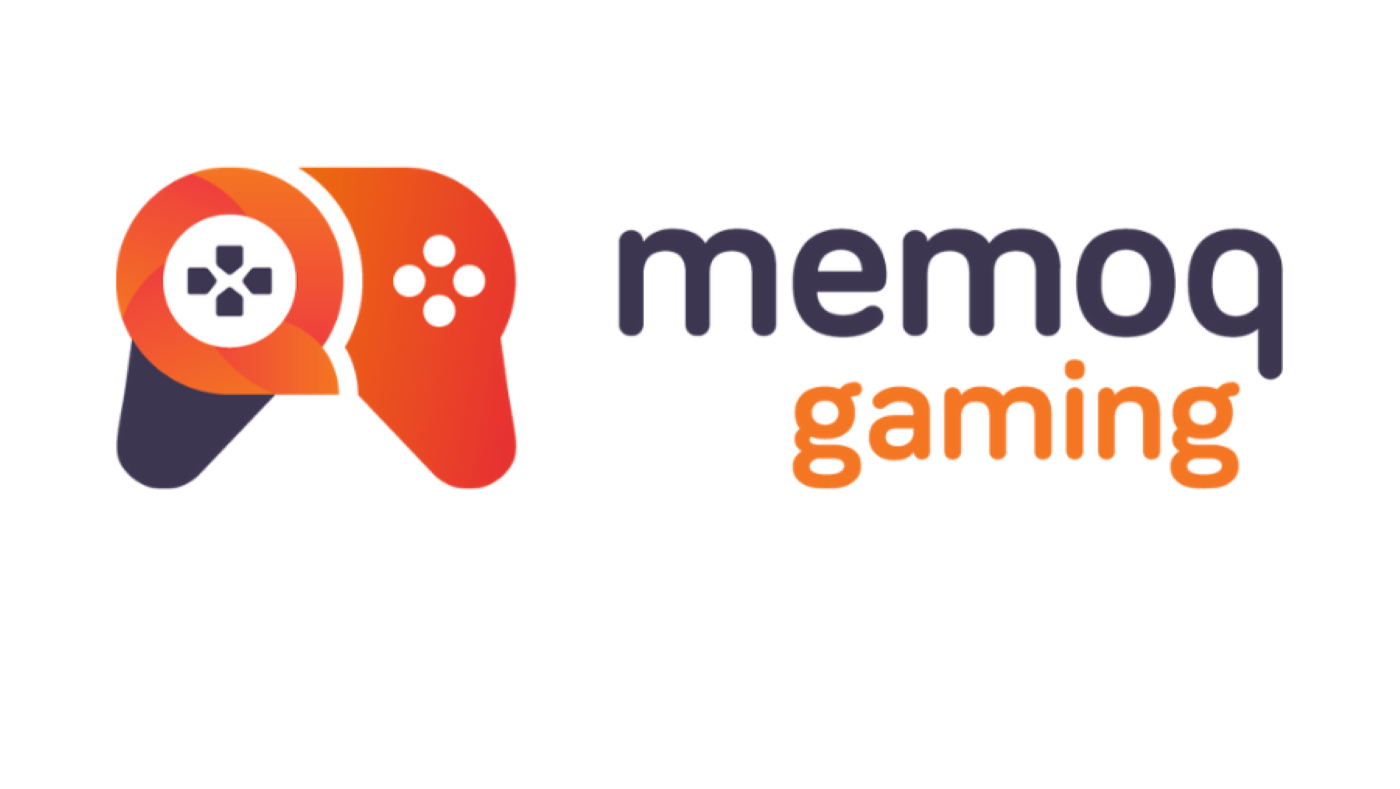This growing demand poses new challenges for video game translation and shows how important it is to meet expectations while keeping projects on schedule.
memoQ, a provider of translation technology, has released an article for game developers and publishers: "Quest Accepted: Mastering Game Translation." This resource uncovers the biggest pitfalls in video game translation and details how gaming studios overcome them to deliver seamless multilingual experiences to their players.
From indie developers to AAA publishers, gaming studios face the same challenges today when launching globally. Some examples include, but are not limited to:
- Patching updates across dozens of languages on release day
- Providing translators with the narrative and visual context they need
- Keeping terminology consistent across large franchises
- Avoiding delays caused by version control issues
- Limited budgets and resource constraints
The article discusses, among others, the challenges mentioned above in detail. It also covers insights from leading studios, such as Playrix, Gameforge, and Funstage, revealing how they optimize translation with premium translation management systems, including memoQ TMS.
"Even the best game can lose impact or revenue if the translation and localization aren’t right," said Santiago de Miguel, Solution Engineer at memoQ. "This article shows how studios can protect creative vision while shipping faster to more markets."
"Quest Accepted: Mastering Game Translation" is available here. Read it now to learn how to scale your localization workflows, avoid costly mistakes, and keep players fully immersed, no matter where they play.
